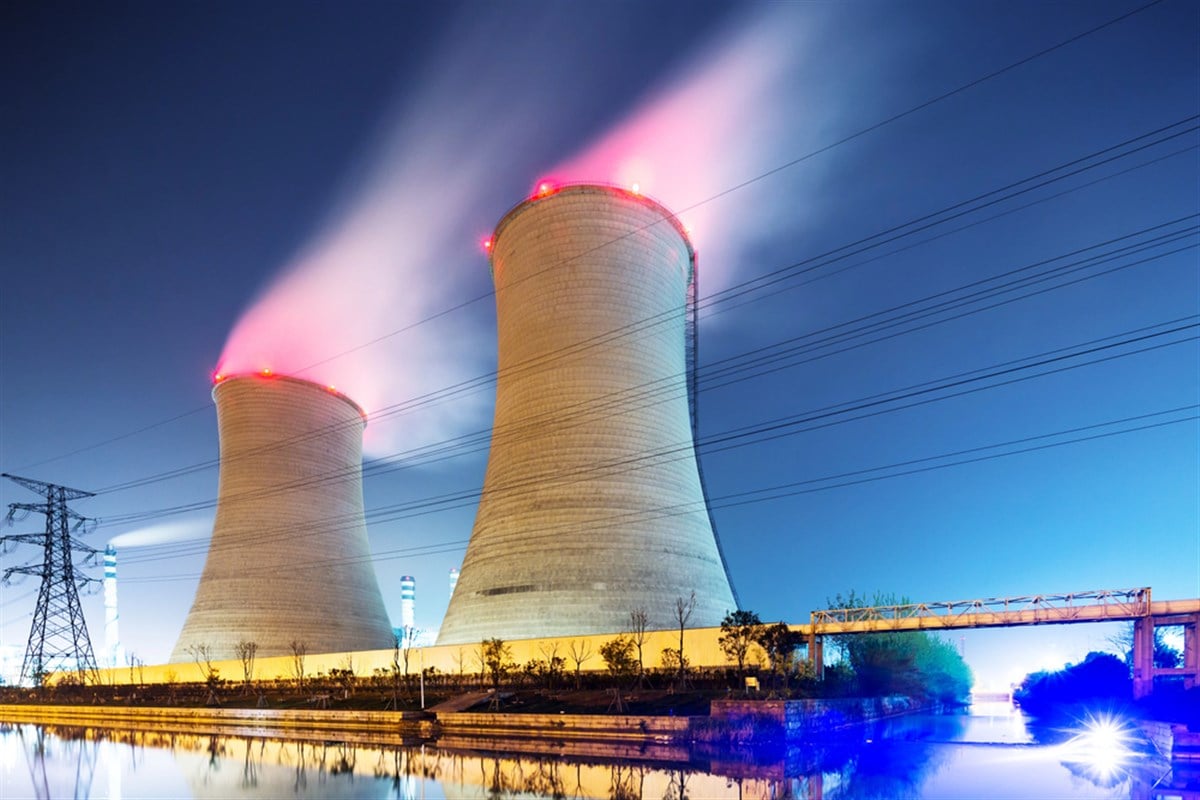
Constellation Energy (NASDAQ: CEG) has been amongst the hottest stocks in the market in 2024, with its shares up 125%. Those aren’t the types of returns people usually associate with utility companies in such a short period of time. However, when a company is connected to the AI revolution, it's not so surprising. Most of this return has come just over the past week. Shares are up 26% since the company announced a blockbuster deal with a top tech firm.
Constellation Energy announced on Sept. 20 that it has entered into a 20-year agreement with Microsoft (NASDAQ: MSFT) to supply the firm’s data centers. The company plans to reopen the Three Mile Island nuclear facility and exclusively sell the generated electricity to Microsoft. This is a massive deal and deserves to be broken down further.
Three Mile Island Reopening Could Set a New Precedent
There are many interesting aspects of this deal. Most will first recall that in 1979, Three Mile Island was the site of the only nuclear meltdown in U.S. history. Although the accident did not directly cause any injuries or deaths, it hindered the progress of the nuclear industry for years.
However, it's important to note that the reactor scheduled for reopening is not the same one from 1979. That was Unit 2, while this nuclear deal involved Unit 1. Unit 1 continued to operate after the incident but was permanently shut down in 2019 at the discretion of Constellation due to issues with its profitability. However, the shutdown was not so permanent.
If the Nuclear Regulatory Commission (NRC) approves it, this deal could mark the first reopening of a shut-down nuclear site in the US. The Palisades Nuclear Plant in Michigan, owned by Holtec International, is another site under review for reopening. It’s set to reopen in Oct. 2025.
However, the NRC will make its final decision on whether to renew its license on Jul. 31, 2025. Watching what happens will be an important indicator of the success of the Microsoft and Constellation deal. Overall, the lack of precedent alone creates some uncertainty.
However, government support for the Holtec deal adds optimism. The Biden-Harris administration is giving Holtec a $1.5 billion loan for the Palisades project. Michigan Governor Gretchen Whitmer has also expressed support. For Three Mile Island, 57% of the residents in Harrisburg, PA, said they would support the reopening as long as they don’t have to pay for it.
Constellation Wins on Price and Return on Investment
One reason this deal is even possible is that Unit 1 was being "mothballed." This is the least immediate method for shutting down a nuclear site and leaves the option of reopening on the table. Fully decommissioning a site can take 15 to 20 years, so since it was shut down in 2019, it is still salvageable.
The most recent new nuclear project to begin commercial operation in the U.S. took nearly 15 years to complete. Its cost was over $30 billion for two reactors. This shows how massive a win this could be for Constellation. It only plans to spend $1.6 billion on the reopening and wants to have it operational by 2028.
Constellation is reportedly getting a sweet deal when it comes to the price of this energy. Analysts at Jefferies estimate that Microsoft will pay between $110 and $115 per megawatt-hour of electricity to Constellation. That’s up to a 92% premium compared to the price for wind and solar energy in the same area. The distinction between wind and solar is important because hyperscalers like Microsoft want to fuel their data centers with renewable energy.
Jefferies expects the plant to generate $785 million in revenue by 2023. That estimate would let Constellation recoup its investment in just a few years and indicate a huge return on that investment over 20 years. When it comes to constellation’s production capacity, the site's addition would be no small feat. Its 873 megawatts would increase Constellation's current 22-gigawatt nuclear capacity by around 4%.
Analysts Love the Deal
Overall, the deal feels like a home run for Constellation, and Wall Street analysts agree. At least nine analysts raised their price targets after the deal. The average target for those firms shows just a 6% upside for the stock, but it's hard to bet against what Constellation is bringing to the table. Morgan Stanley is most bullish, increasing their price target by $80. Their target implies an upside of 19%.













